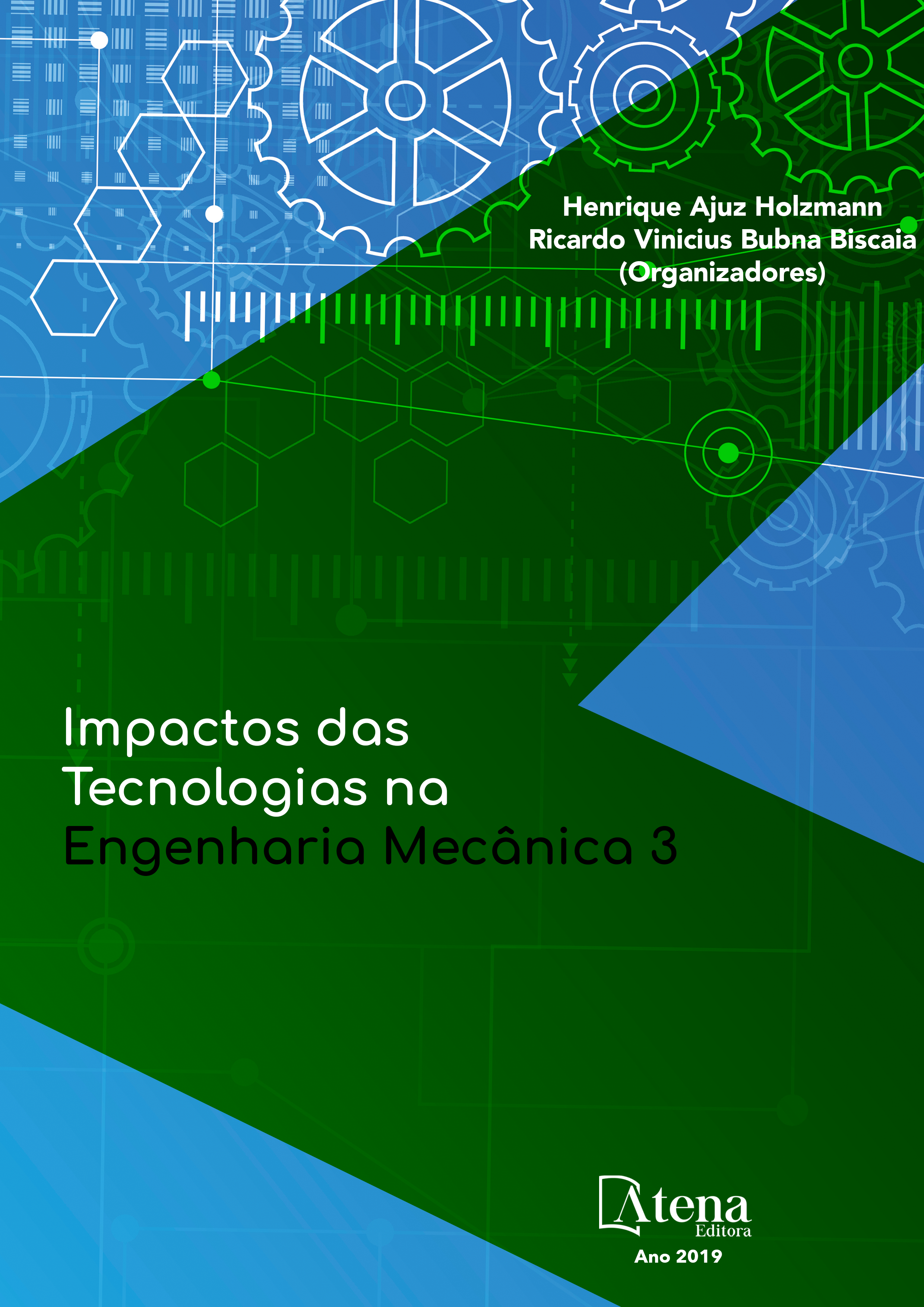
CORRELAÇÃO ENTRE DIFERENTES FORMAS DE AVALIAÇÃO MICROESTRUTURAL DE FERROS FUNDIDOS E SEU COEFICIENTE DE ATRITO
A combinação das propriedades
mecânicas apresentadas pelo ferro fundido
vermicular aliadas ao desenvolvimento de
técnicas metalúrgicas de produção em larga
escala na década de 90, criaram um nicho
para este material na produção de motores
sobrealimentados. Com a finalidade de
parametrizar as diferentes propriedades
mecânicas desse material é necessária
uma constante evolução nas técnicas de
caracterização de sua microestrutura. Este
trabalho visa caracterizar três diferentes
amostras de ferro fundido vermicular de alta
resistência, correlacionando sua microestrutura
obtida por duas diferentes técnicas de
carecterização com o seu desempenho
tribológico em relação ao coeficiente de atrito.
Com base nos resultados observou-se que
a tecnica de ataque metalográfico profundo
utilizando água régia resulta em uma melhor
visualização do aspecto tridimensional da grafita
e perlita. Os resultados tribológicos por sua vez
indicam que o refino da grafita e a adição de
molibdênio são efetivos tribologicamente ao
reduzir o coeficiente de atrito do material.
CORRELAÇÃO ENTRE DIFERENTES FORMAS DE AVALIAÇÃO MICROESTRUTURAL DE FERROS FUNDIDOS E SEU COEFICIENTE DE ATRITO
-
DOI: 10.22533/at.ed.4871905048
-
Palavras-chave: Ferro fundido vermicular, Nital, Água Régia, Esclerometria.
-
Keywords: Compacted graphite iron, nital, aqua regia, scratch hardness.
-
Abstract:
The combination of the mechanical
properties presented by vermicular cast iron
combined with the development of metallurgical
techniques of large-scale production in the 90’s
created a niche for this material in the production of
supercharged engines. In order to parameterize
the different mechanical properties of this
material a constant evolution in the techniques
of characterization of its microstructure is
necessary. This work aims to characterize three
different samples of high strength vermicular
cast iron, correlating its microstructure obtained
by two different techniques of characterization
with its tribological performance in relation to the coefficient of friction. Based on the
results it was observed that the technique of deep metallographic attack using royal
water results in a better visualization of the three-dimensional aspect of graphite and
perlite. The tribological results in turn indicate that the refining of graphite and the
addition of molybdenum are effective tribologically by reducing the coefficient of friction
of the material.
-
Número de páginas: 15
- Luiz Eduardo Rodrigues Vieira
- Guilherme de Oliveira Castanheira
- Leonardo Rosa Ribeiro da Silva
- Wisley Falco Sales
- Álisson Rocha Machado
- Wilson Luiz Guesser


